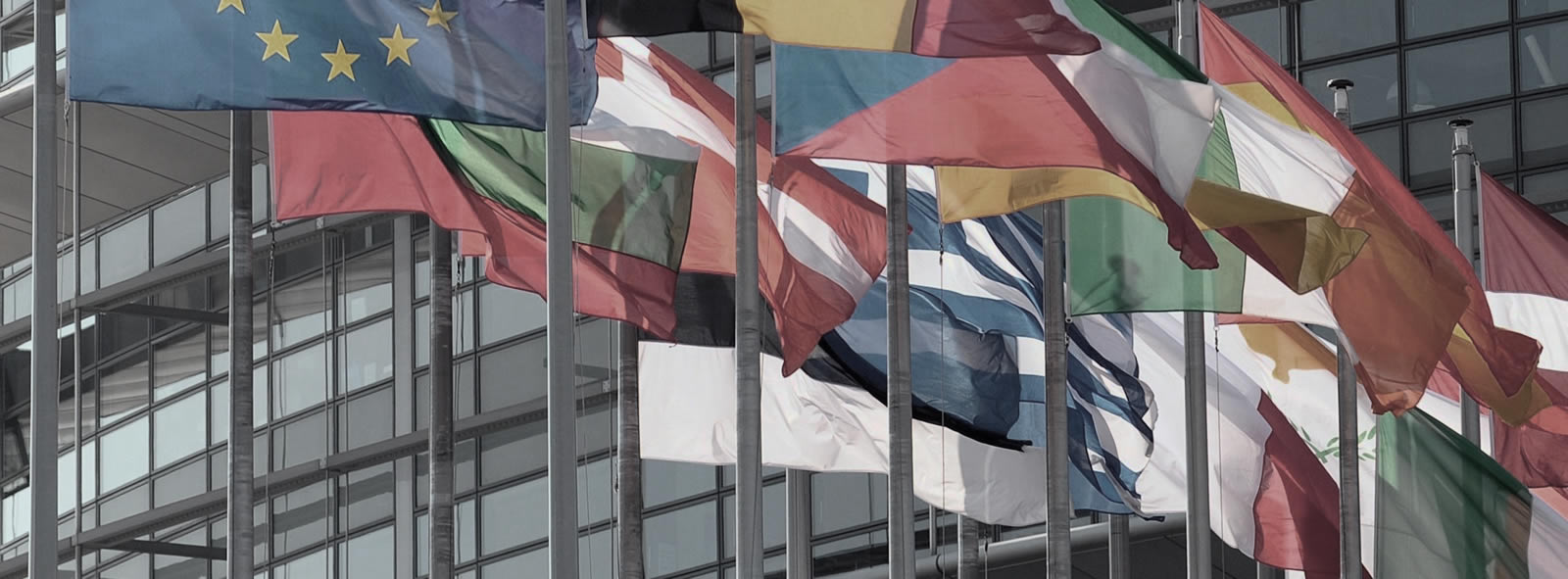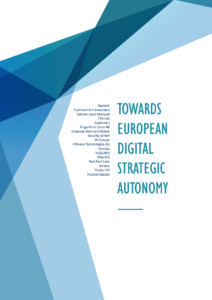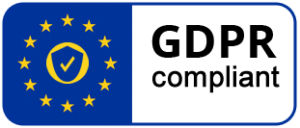Cybersecurity actors for the European Digital Strategic Autonomy
The Digital Single Market represents a unique opportunity to enhance citizens’ confidence in their digital experience and for Europe to lead the worldwide digital revolution. Europe should take advantage of its digital strategic autonomy and rely on the EU to strengthen its cybersecurity capacities. As cyber threats become increasingly sophisticated, Europe’s preparation and response to these threats must also evolve. EU countries need to heavily invest in key technologies. At the same time, it is crucial to ensure that these technologies provide the same security level across Europe, especially for critical infrastructures, which is why European cybersecurity certification and ethical hacking should be encouraged.
To enhance its digital autonomy and to protect its digital sovereignty, the European Union must cater for the entire cybersecurity lifecycle within its legislation and initiatives: prediction, prevention, detection and response.
Furthermore, in a geopolitically changing world, trust among EU Member States is a real asset that should be valued. With the cybersecurity industry holding the potential to become one of the most important economic drivers in Europe, products certified under the European certification framework should be promoted. European start-ups should be supported to give them the opportunity to scale up and reach critical mass. Europe currently has a trade deficit for cybersecurity solutions which could be addressed by helping Member States become leaders in the field which in time may enable Europe to become a net exporter.
The fact that European cybersecurity experts can be found around the world working for global leaders demonstrates Europe’s expertise in the field. If the EU could incentivise experts to stay in Europe, it could considerably strengthen its cybersecurity ecosystem.
All these issues should be tackled at the European level. The digital world knows no borders and Member States should join forces within the EU. A comprehensive European cybersecurity strategy is needed to achieve digital strategic autonomy, protect Europe’s digital sovereignty and compete on the global market.




